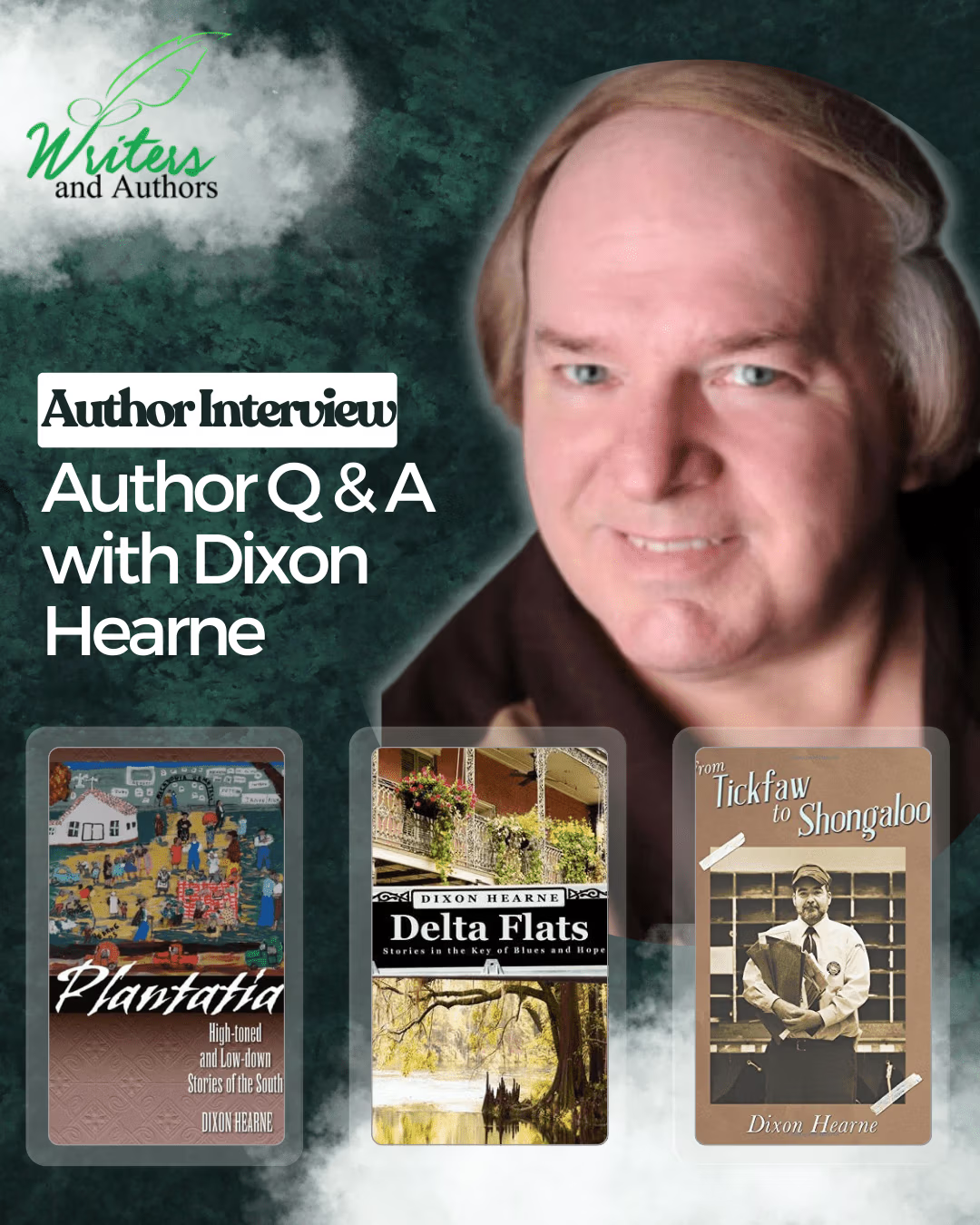Author Interview | Author Q & A with Dixon Hearne
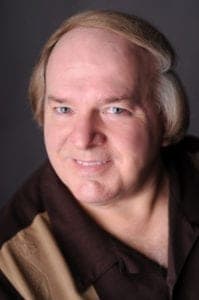 Q: As a child, what did you want to do when you grew up?
Q: As a child, what did you want to do when you grew up?
A:I had a wonderful elementary school experience, which left me with a desire to become a teacher. I did just that — teaching K-12 and later as an academic at California universities. I learned much more than I taught.
Q:When did you write your first book and how old were you?
A:I wrote Teaching Second-language Learners with Learning Disabilities in 2000, an education text. It is still in print.
I published my first short story collection Plantatia: High-toned and Lowdown Stories of the South in 2009 (Southeast Missouri State University Press).
Q:How did you begin writing? Did you intend to become an author, or do you have a specific reason or reasons for writing each book?
A:As an academic, I published widely in professional journals and books. By 2005, I had tired of writing nonfiction and yearned to try my hand at writing in “different voice.” I tinkered with writing short fiction, which gave me a range of voices. Since that time, I have published four short story collections and a novella — earning nominations for the PEN/Hemingway and PEN/Faulkner awards, several Pushcart nominations, and winning the Creative Spirit Award-Platinum for Plantatia: High-toned and Lowdown Stories of the South. It has been encouraging. More importantly, it continues to be a lot of fun.
Q:What would you say is your interesting writing quirk?
A:I tend to let the narrator and characters shape the direction of my stories. I have come to trust their voices, and some stories come to me fully-realized — from beginning to end. Readers often say they feel like they know the characters in my stories. Others comment of vivid description. I want readers to feel like they are right there with the characters.
Q:Do you like to create books for adults, youth and/or children? and Why?
A:Most of my writing is directed toward young adult/adult audiences, but I have written quite a few stories with juvenile characters/protagonists. I feel most comfortable with writing for broad audiences.
Q:How many books have you written? Which is your favorite?
A:I have published four short story collections, a novella, several anthologies, and a new book of poetry. Most of my work is set in the American South and the Great Southwest. It is impossible to name a favorite book — I feel equally connected to each one of them.
Q:How long does it take you to write a book?
A:This is difficult to answer. Every book evolves in its own time, and story collections typically take longer because individual stories usually appear in magazines and journals before they are collected and submitted as a book manuscript.
Q:Could you describe the mundane details of writing: How many hours a day to you devote to writing? Do you write a draft on paper or at a keyboard (typewriter or computer)?
A:I am not a writer who places demands upon myself to write every day — or a certain number of words/pages. I write only when the muse calls, but when I’m writing, I often go for hours without any break. As I mentioned earlier, some stories come to me fully-realized, and I have to get them down on paper immediately. I recall reading that Tennessee Williams set aside time every single day to write. I cannot create anything meaningful on demand.
Q:What does your family think of your writing?
A:My family is only vaguely aware of my writing and my books.
Q:What do you like to do when you’re not writing?
A:Like many people, I enjoy travel. I returned to my native Louisiana last year, and it is fascinating to travel the backroads, studying the geography and small towns — and the people who inhabit them. I find so many things they hold in common with villages in Tahiti, Mexico, and so many other places I have visited. It serves to remind me of universal principles and human experiences.
Q:What do you think makes a good story?
A:I think good stories feature a beginning, a middle, and an end. That said, it leaves writers a wide berth to experiment. Good stories always leave the reader pondering.
Q:What was one of the most surprising things you learned in creating/writing your books?
A:It was not until I had amassed enough work for a story collection that I was forced to identify common threads among them. I found several themes emerging in my writing. I hadn’t realized how deeply I felt connected to my parents’ generation — the Great Depression, WWII, etc.
Q:What authors do you like to read? What book or books have had a strong influence on you or your writing?
A:There are too many fiction writers to name here. I find myself re-reading certain authors: Truman Capote, Ron Rash, Rick Bass, Faulkner and other southern writers. I’m not aware of any particular author’s influence on my writing.
Q:Do you hear from your readers much? What kinds of things do they say? Readers comment on the characters and story lines I’ve created — and the humor.
Where do you get your information or ideas for your books?
A:It all comes from my own imagination.
Q:Do you have any suggestions to help me become a better writer? If so, what are they If I could offer any piece of advice to new writers, it would be to trust yourself.
A:You are the only person who knows what you want to say. Learn to trust your narrator.
Q:Do you meet your readers at book signings, conventions, or similar events?
A:I speak at conferences, book events, and by invitation to conduct workshops. I love discussing writing with other writers.
Q:Tell us about your most resent book?
A:Delta Flats: Stories in the Key of Blues and Hope is a collection of short fiction. It is nominated for the 2017 PEN/Faulkner fiction award. The stories are set in my native Louisiana — from the piney woods of north Louisiana to the raucous streets of the French Quarter.
Q:What’s more important: characters or plot?
A:They are equally important. Scarlett O’Hara, for all her commanding presence and formidable determination, would wilt in an anemic story without the Civil War and its drama.
Q:How do books get published?
A:Delta Flats is published by Walrus Press / Amphorae Publishing Group
Q:Do you write every single day?
A:No.
Q:Ballpoint, uniball or fountain pen?
A:Ballpoint pen.
Q:Any writing rituals?
A:None.
Q:What’s the worst job you’ve had?
A:Burger flipper at McDonalds
Q:Are you planning to adapt any of your stories to the screen?
A: I have been encouraged to adapt my novella From Tickfaw to Shongaloo for the screen. I will work on that in the coming year.
From Tickfaw to Shongaloo
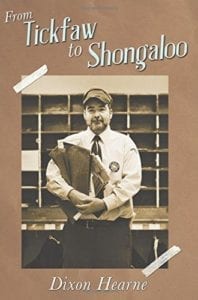 From Tickfaw to Shongaloo is a comic Southern tale told in the first person by Raylene, a local gossip in little Stokely, Louisiana. Bert Dilly the postmaster (we learn), has been spreading town gossip (like everyone else), fueled by his habit of being a little too involved with the local mail (opened or not). A disgruntled maiden lady writes a scathing letter of complaint, which is reported to the state postmaster, and Bert s brother, J.T., accuses Bert of mental incompetence (he wants the family land). Bert is replaced until the charges can be taken up by a federal court in Baton Rouge. Most of the town rallies around Bert, but the hearing devolves into a kangaroo court, turning citizens against each other, egged on by a crooked lawyer who crumbles when the whole matter blows up in his face, through his own arrogance and ignorance of certain facts (crazy as they were). After three days of ridiculous testimony and unreliable evidence, the judge must make his landmark decision about Bert, the mail, and gossip in Stokeley, Louisiana where the townsfolk can hardly wait to exchange their own versions of the honest truth.
From Tickfaw to Shongaloo is a comic Southern tale told in the first person by Raylene, a local gossip in little Stokely, Louisiana. Bert Dilly the postmaster (we learn), has been spreading town gossip (like everyone else), fueled by his habit of being a little too involved with the local mail (opened or not). A disgruntled maiden lady writes a scathing letter of complaint, which is reported to the state postmaster, and Bert s brother, J.T., accuses Bert of mental incompetence (he wants the family land). Bert is replaced until the charges can be taken up by a federal court in Baton Rouge. Most of the town rallies around Bert, but the hearing devolves into a kangaroo court, turning citizens against each other, egged on by a crooked lawyer who crumbles when the whole matter blows up in his face, through his own arrogance and ignorance of certain facts (crazy as they were). After three days of ridiculous testimony and unreliable evidence, the judge must make his landmark decision about Bert, the mail, and gossip in Stokeley, Louisiana where the townsfolk can hardly wait to exchange their own versions of the honest truth.
Delta Flats: Stories In The Key Of Blues And Hope
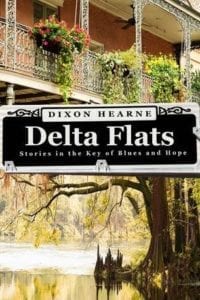 From the piney hills of northern Louisiana to the raw and decadent streets of New Orleans, Delta Flats: Stories in the Key of Blues and Hope records the daily lives of its characters with a poetic rhythm that evokes the ebb and flow of life itself. Dixon Hearne is a master at capturing the “blue reality” of life, moments―both large and small―that define the hot days and long nights of the deep south. With language as gritty as the blues and as beautiful as a gospel choir, he juxtaposes the downtrodden with the hopeful and the darkness with the light and plays out each story with deft, lyrical descriptions that make the reader want to laugh and sing with joy.
From the piney hills of northern Louisiana to the raw and decadent streets of New Orleans, Delta Flats: Stories in the Key of Blues and Hope records the daily lives of its characters with a poetic rhythm that evokes the ebb and flow of life itself. Dixon Hearne is a master at capturing the “blue reality” of life, moments―both large and small―that define the hot days and long nights of the deep south. With language as gritty as the blues and as beautiful as a gospel choir, he juxtaposes the downtrodden with the hopeful and the darkness with the light and plays out each story with deft, lyrical descriptions that make the reader want to laugh and sing with joy.
Plantatia: High-toned and Low-down Stories of the South
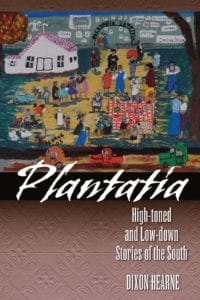 Darien Cavanaugh, editor, Yemassee:
Darien Cavanaugh, editor, Yemassee:
For the past decade, Dixon Hearne has been one of the quiet heroes of American letters. Widely published in literary journals and reviews, he always leaves his readers with that feeling of being satisfied yet wanting more. Plantatia is full of familiar people and places a wisteria-bound and oak-shaded South comprised of honky tonks, corner stores, mills, and revival churches populated by drunks, gossips, and scandalous preachers part yarn and part folk in a way that is reminiscent of Zora Neale Hurston. I highly recommend Plantatia for aficionados of Southern literature but also for all readers who simply like a good story well told.
Norman German, fiction editor, Louisiana Literature; author of A Savage Wisdom:
Plantatia offers a buffet of headstrong and sassy stories sure to please every palate. Dixon Hearne is your acerbic tour guide through the high- and lowlife settings of an Old South revitalized by his keen eye and ear. These stories move with the patience of Eudora Welty and the confidence of Flannery O Connor. To steal one of Dixon Hearne’s phrases, you’ll leave these stories ‘with your heart laughing out loud.’
Billy Fontenot, editor, The Louisiana Review:
This impressive debut collection from Dixon Hearne mixes relaxed storytelling of small-town life with insights into the human condition, along with a little of that strange, sad, mystical state of existence found only in the deep American South.
Bev Marshall, author of Walking Through Shadows, Right As Rain, and Hot Fudge Sundae Blues:
Dixon Hearne is a born storyteller and reading his ‘high-toned and low-down’ stories reminded me of those precious porch-sitting days when the tales of my relatives evoked both laughter and tears.
Darnell Arnoult, author of Sufficient Grace and What Travels With Us: Poems:
In this debut collection of stories filled with raucous characters and lively romps, Dixon Hearne proves he has mastered the Southern tradition of old-fashioned front-porch storytelling.
Connect with Author Dixon Hearne
 Website URL www.dixonhearne.com
Website URL www.dixonhearne.com
Author Facebook Page https://www.facebook.com/dixon.hearne.7
“Like” Author Facebook Page https://www.facebook.com/dixonhearnebooks
Goodreads – Dixon Hearne
Blog Dixon Hearne Blog
Wikipedia – Dixon Hearne
Amazon – Author Dixon Hearne

